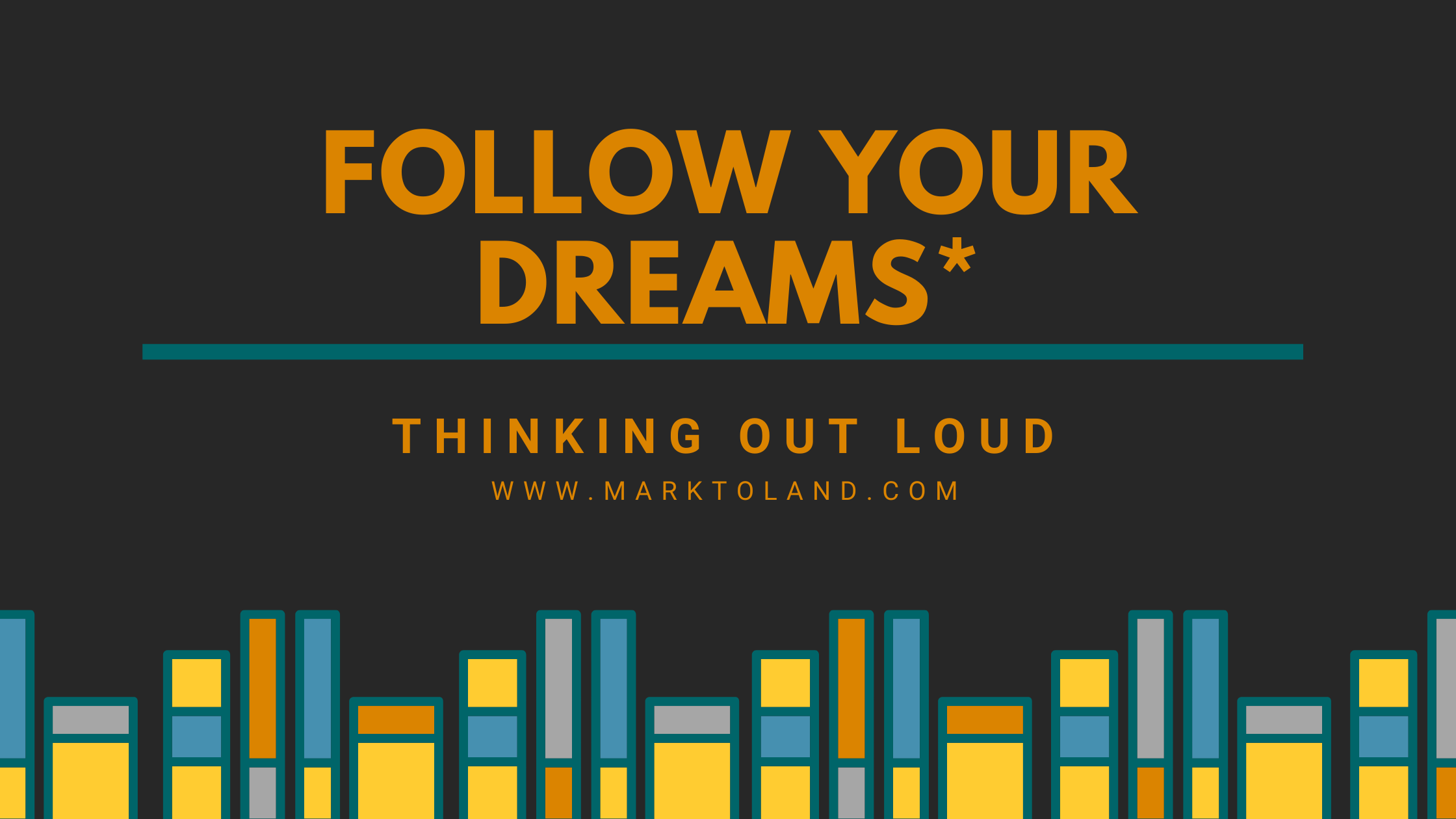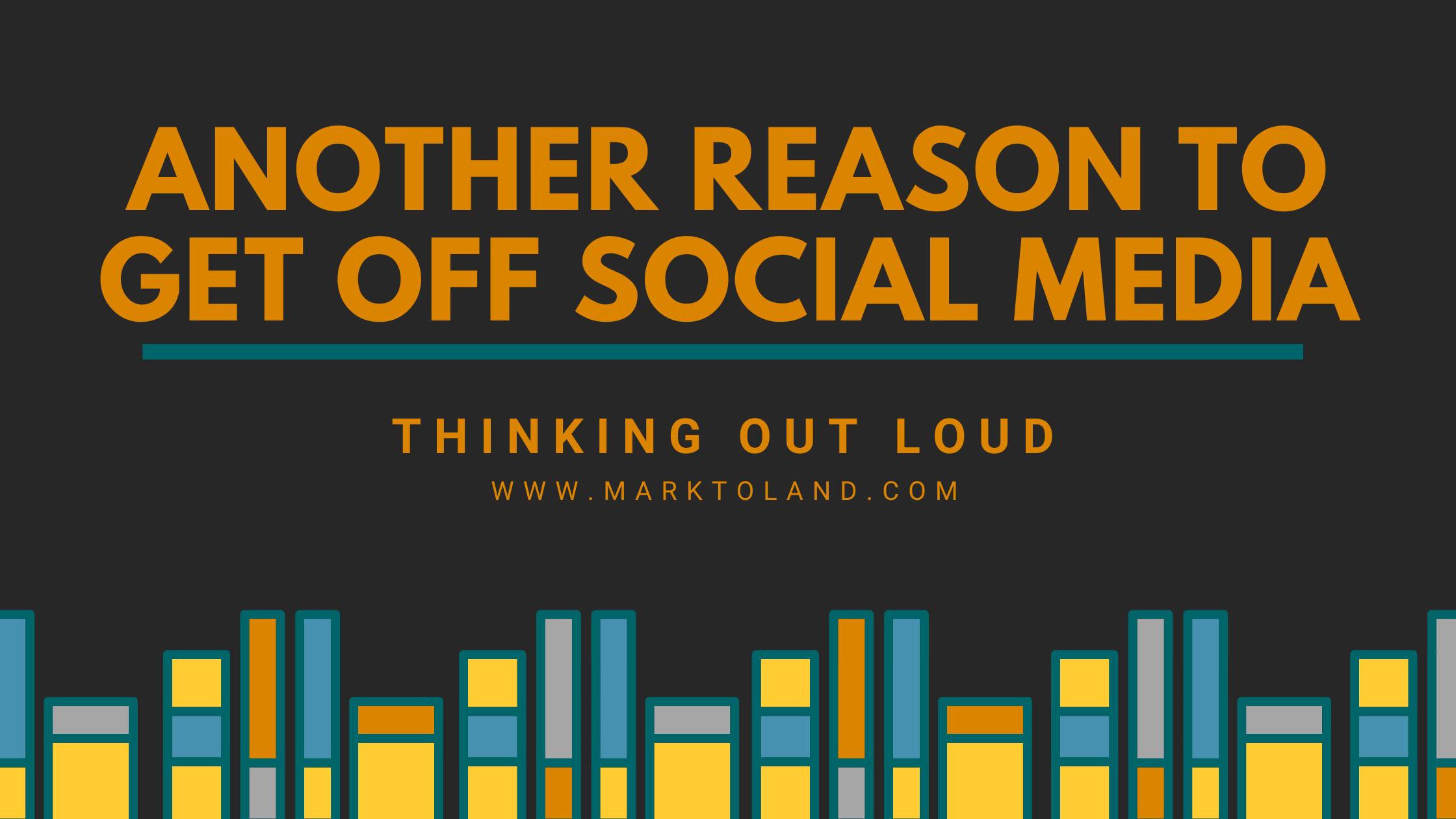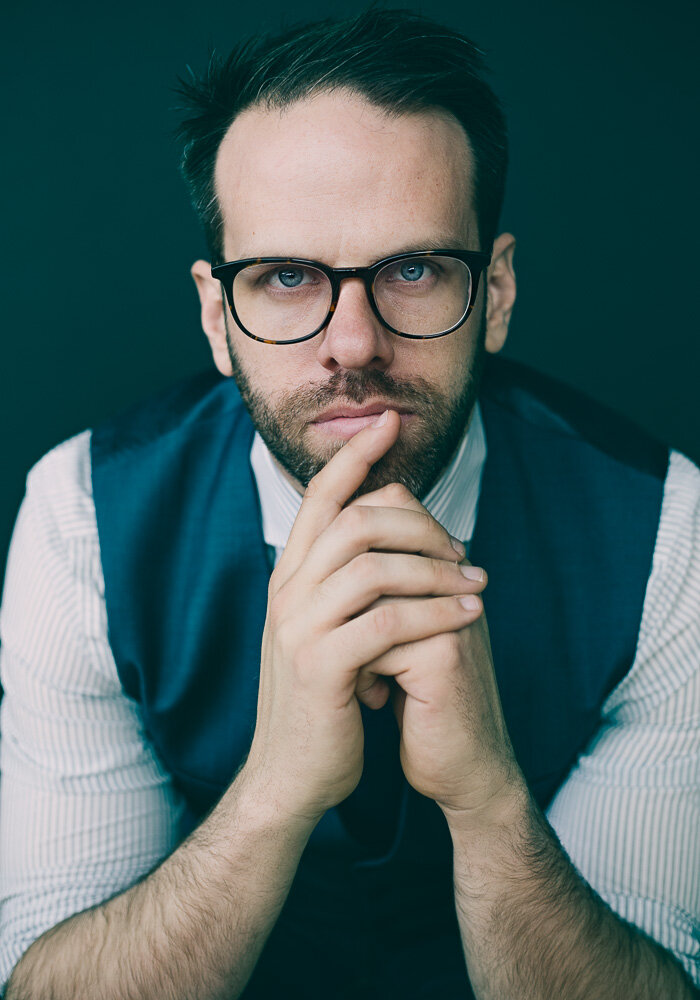Follow Your Dreams*
*Recently a friend of mine told me he was going to finally take the plunge and start performing full-time. I was stoked to hear it. I congratulated him and asked him what had caused him to make that decision.
“I just want more time to be creative and work on my act and stuff,” he said.
I died laughing.
“If you want more time to spend on your passion,” I said, “then don’t turn it into your job.”
I was only partially kidding. The truth is, when you decide to turn your passion into a career you often end up not having much time to spend on the things you’re actually passionate about. In order to make money from your creative skills you’re going to have to work on dozens of other things instead.
I’m not saying this to discourage you, I’m just trying to be pragmatic. If you’re going to chase your dreams you might as well know what it’s going to take.
Something I really enjoy doing is speaking at career days for Chicago area public schools. My job is really outside of the box, so students are interested to hear what I have to say and see that there are other ways to make a living than just your typical 9-to-5.
I always try to ask the students what they hope to do when they get older and the responses (particularly from the elementary and middle schoolers) are overwhelmingly “I want to be a YouTuber!”, “I want to play video games!”, or something similar. When I was growing up those aspirations weren’t even an option but today they are. A lot of people make their living online and it’s easy from afar to see the fun they’re having and believe that’s all that goes into their success.
Social media has exacerbated this problem. Everywhere you look you see people jet-setting around the world, in perfect shape, living a lavish lifestyle and spouting off worn-out quotes that give their followers the wrong idea. One of the worst ones is “Do what you love and you’ll never work a day in your life!”
That sentiment couldn’t be farther from the truth. The reality is that if you want to make a career out of your passion you’re going to work all the time. You’re going to work early mornings, late nights, and weekend. You’re going to work when your friends are out having fun. You have to work all the time on things that you don’t care about, because that’s what it takes to get to do what you love for a living. Being self-employed means you work 80 hours a week so you don’t have to work 40.
I rarely have time to work on my show. I have to fit in those moments sporadically, when I have a few minutes to spare. It’s not nearly as often as I’d like, but that’s how it goes. Most of my time is spent booking shows, tracking down payments, invoicing clients, and marketing my services. But, as I joke often, “I don’t have any other skills.” So, I do the work every single day without complaint (mostly!), because that’s what it takes so I can do what I do best.
If you’ve read this far and you’re thinking, “I don’t have any other skills either. I have to follow my passion!” — then great! Do it. Just be prepared to spend an overwhelming amount of time on other, less exciting things so you can occasionally do what you’re most passionate about.
“Follow Your Dreams” is a great caption on Instagram but I think it needs an asterisk, like Barry Bonds’ home run record or the Houston Astros. Don’t be disheartened — be encouraged and inspired. If it was easy everyone would be doing it. It just means that you’ve got what it takes and all the work will be worth it in the end.
RELATED POSTS
About Mark Toland
Mark Toland is an award-winning mind reader and two-time TEDx Speaker. His mind blowing skills have been featured on NBC, ABC, FOX, CBS, NPR, WGN, Sirius XM, and more. Mark’s blog is a behind-the-scenes look at the life of a professional entertainer, full of creative thoughts for creative people. Sign up below so you’ll never miss a post.






